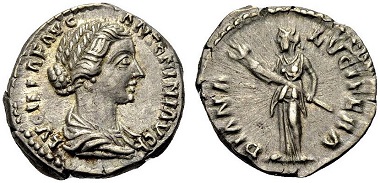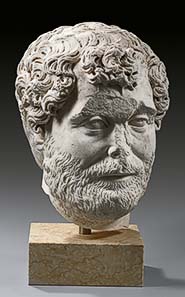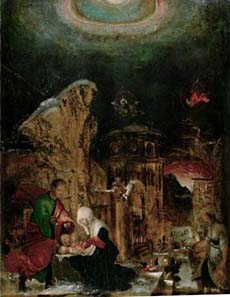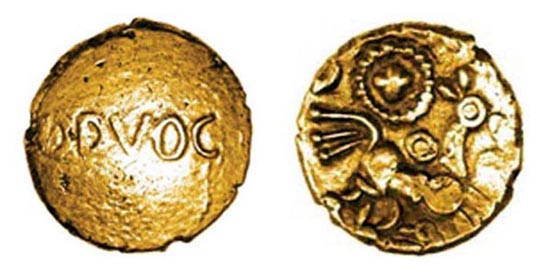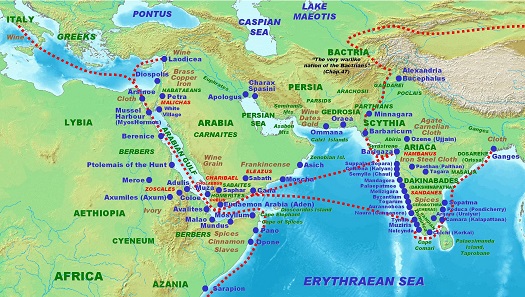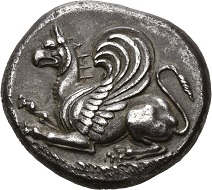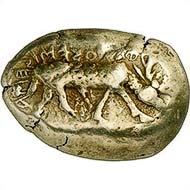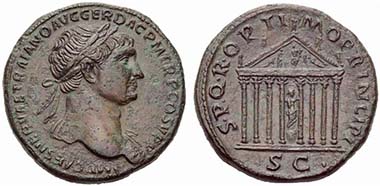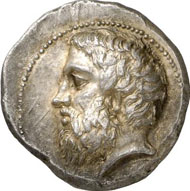Coins of Lucilla ‘born to the purple’
Lucilla Augusta was very special at her time: not only was she the daughter of emperor Marcus Aurelius, but at the same time she was his co-emperor’s wife. Claire Franklin illustrates by Lucilla’s coin designs how she lived her role.







